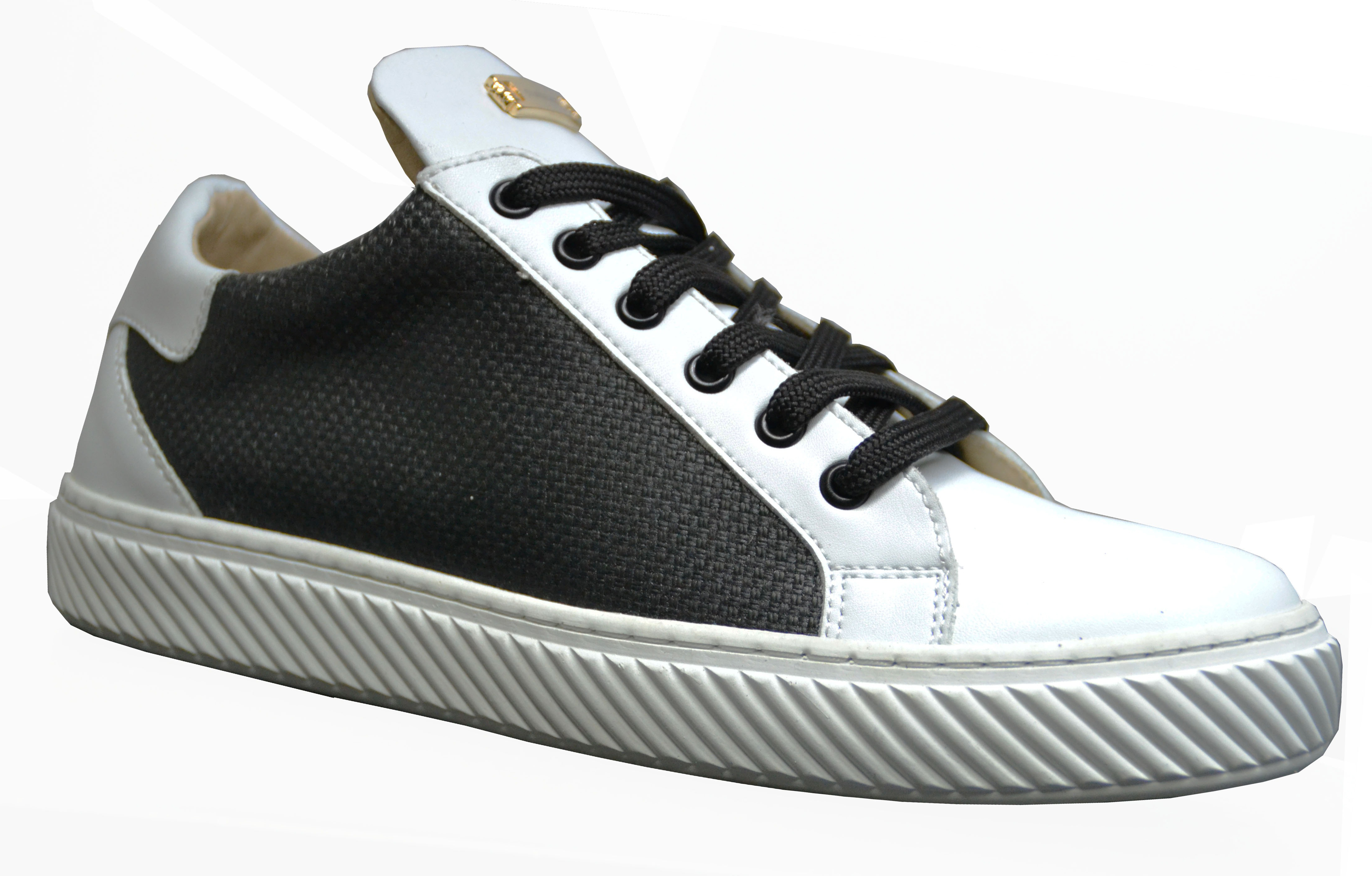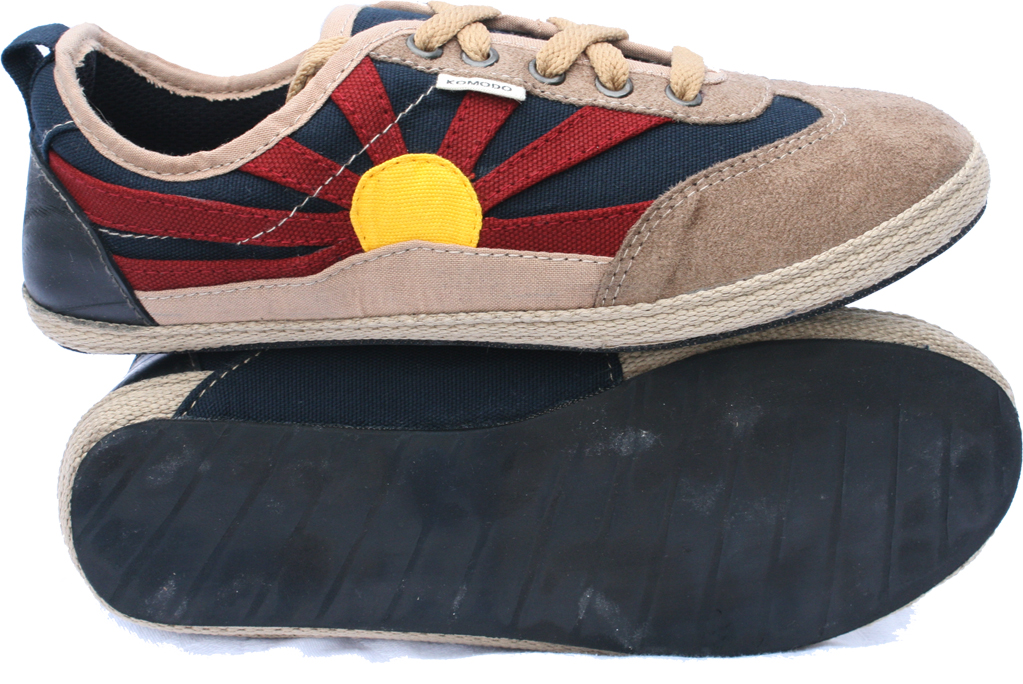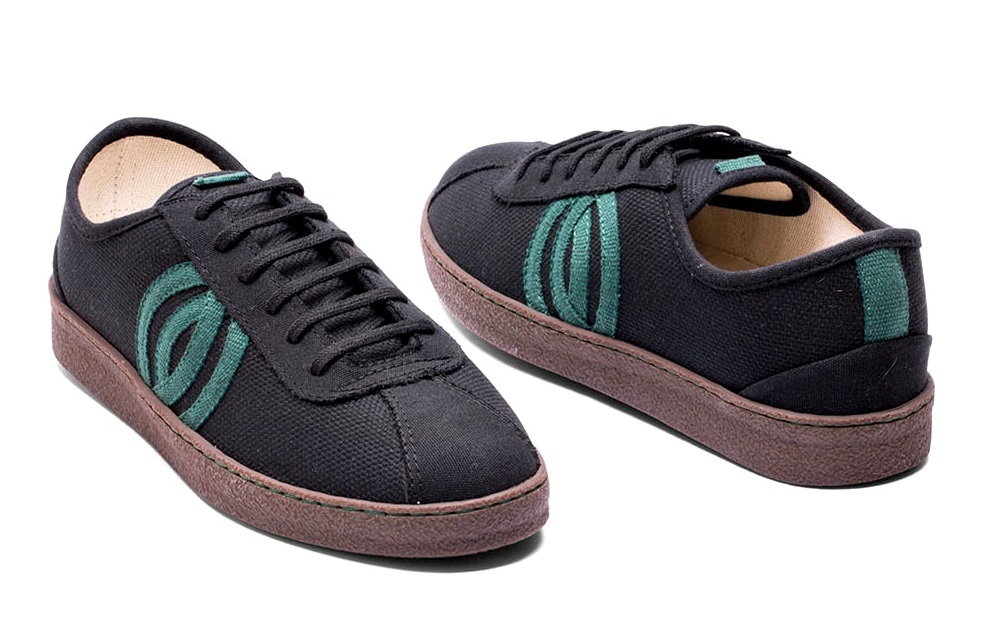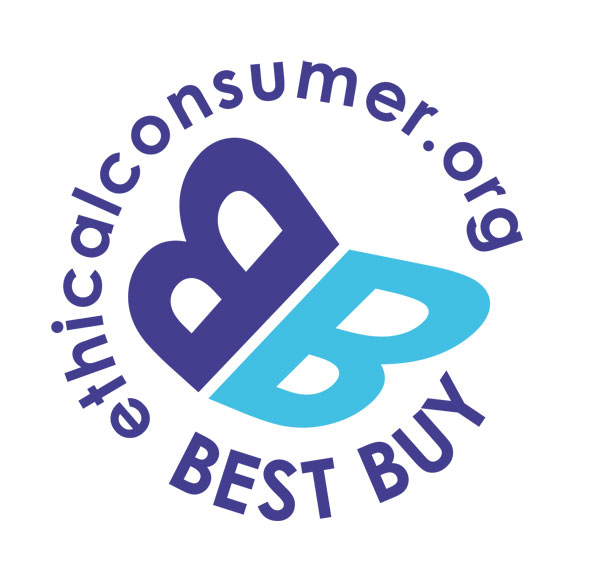Recycling and upcycling are two methods of reusing and repurposing old materials or goods. Both are great ways of mitigating the impact on the environment, avoiding the need to source new raw materials and send unwanted items to landfill.
As the ‘green revolution’ continues to grow, you will likely come across an increasing number of brands and companies that are choosing to use recycled materials and even upcycled goods.
Recycling Vs. Upcycling
Many of us are well aware of recycling, but can become confused about the difference between recycling and upcycling. Here is a quick explanation of each.
Recycling
Recycling is the process of breaking down and reusing common materials that would otherwise end up in landfill.
Recycling has become a standard practice in waste management with recycling initiatives being successfully managed in most developed nations.
Recycling has resulted in tremendous benefits for the countries that have embraced it. A country with a national recycling rate of 30% can reduce greenhouse gas emissions equivalent to removing 25 million cars off the road!
Businesses are also getting increasingly involved in recycling schemes to mitigate their own impact on the planet and save money.
The most common materials that are recycled include:
● Glass
● Paper
● Cardboard
● Metals
● Some plastics
● Tyres
● Textiles
● Batteries
● Electronics
Recycling has become imperative as a means to limit the amount of waste we create worldwide. As our population and unhealthy addiction to consumerism continues to grow, recycling can help control the number of materials we are using and disposing of.
Human-made phenomenons like the Great Pacific Garbage Patch are proof of why we desperately need more worldwide recycling initiatives.
Recycling also helps to boost the economy, making the production of new goods cheaper and more efficient. Recycling initiatives have also contributed to an increase in employment rates worldwide.
A study by Friends of Earth in the UK found that 51,000 new jobs could be created if we recycled 70% of our waste!
Upcycling
Upcycling is a lesser-known term than recycling but is becoming a common term among eco-conscious consumers, designers, and business owners. Upcycling is the process of using old items for new purposes.
For example, using unwanted pallets from the shipping industry to create wooden furniture like beds, coffee tables, and even vertical veggie gardens.
Upcycling wooden furniture has become increasingly popular and can be very cost-effective for homeowners.
Upcycling has become an increasingly popular trend with eco-conscious homeowners. Pinterest is full of incredible upcycling ideas for your home and garden. For example, upcycling plastic bottles into plant pots.
It's thought that upcycling accounts for anything between 5% - 40% of the £3bn UK crafts industry.
Upcycling is important because, like recycling, it helps to further reduce the amount of waste going to landfill.
Upcycling also reduces the need to produce new raw materials which are energy-intensive and come with a large carbon footprint.
Furthermore, upcycling is really fun to take part in! You can get your friends and family involved in some exciting DIY projects.
Some people have created entire businesses out of upcycling old items and reselling them to the public.
Recycling in the Consumer Market
Just over the last few years, the number of brands creating new products from recycled materials has spiked enormously.
Millennials are the driving force behind this movement, and they're not afraid to abandon their favourite brands if they are not willing to adapt to sustainability. This has forced even the biggest brands in the world to rethink their materials.
Most notably, top fashion brands such as Adidas, Nike, Stella McCartney, Patagonia, and Vivobarefoot have all recently created products by recycling or upcycling bottles made from PET plastic. All of these products received a welcome response from customers.
Here at ethicalWARES, we have just successfully created a pair of sneakers using recycled car seat covers. The laces are even made with recycled polyester filling!

We also sell the Diogenes vegan sneaker and the Vesica sneaker, both made from a variety of recycled materials, and the Free Tibet squash sneakers which feature soles made from recycled tyres!

Expect to see many of your favourite brands experimenting with recycled materials for their new products over the next decade.
Upcycling in the Consumer Market
Upcycling is not quite as popular as recycling just yet, but the potential is starting to be realised gradually by some companies.
Startups appear to be more interested in upcycling methods than existing brands and there are examples of companies taking advantage of upcycling techniques, by successfully creating new upcycled home decor, upcycled jewellery, upcycled t-shirts, and upcycled jeans that are durable, affordable and stylish.
Upcycling is not as straightforward as creating new products with recycled materials however and while the upcycling industry is growing, your favourite brands may take a while longer to embrace this method for their new products.
One disadvantage of upcycling is the length of time it can take to create a new product. The sourcing, disassembly and reconstitution of items is not easy and may be deemed less financially viable than recycling.
The Future of Recycling and Upcycling
As the pressure mounts on both individuals and companies to reduce their impact on the planet, it is highly likely that both recycling and upcycling will become the standard for future design.
Our mindset surrounding consumer goods is changing. We are learning that nothing ever really ‘goes away’. Every raw material we take from the earth remains on earth in some form or another.
It is important then, that companies continue to salvage whatever materials they can instead of producing new raw materials.
In the future, recycling and upcycling will likely be the two primary forms of production with as little waste as possible. This is the only way that can we be sure we are limiting our adverse effects on the planet to a complete minimum.
Soon, when people look to buy a new product, they may only do so when completely necessary. When it is time to buy something new, purchasing products made with sustainable materials from an eco-friendly brand like ethicalWARES will be of top priority. Check out our online store for amazing recycled footwear, clothing, accessories and more!
![]() 100% Vegan
100% Vegan
![]() Established in 1993
Established in 1993
![]() Delivery Worldwide
Delivery Worldwide
![]() Peta Approved Vegan
Peta Approved Vegan



